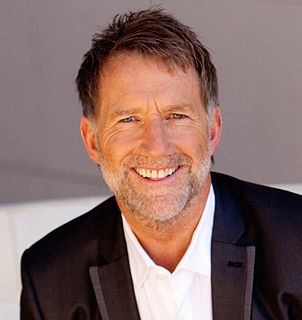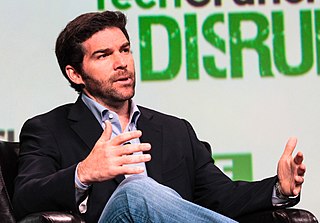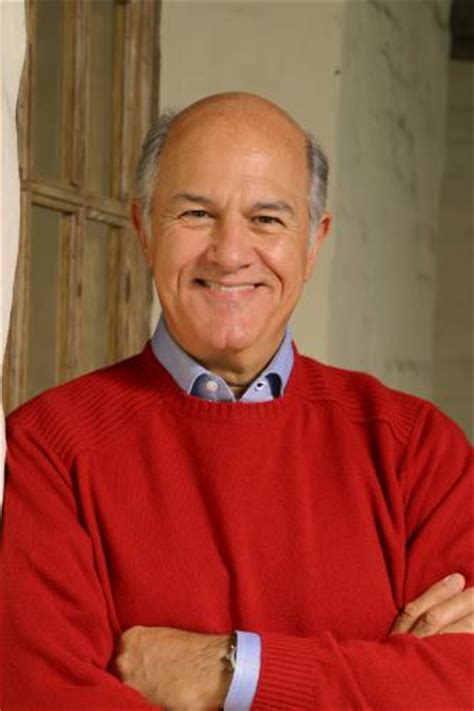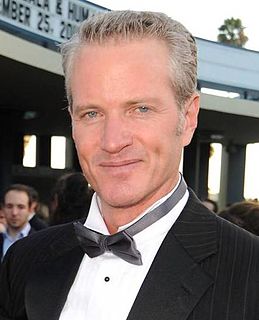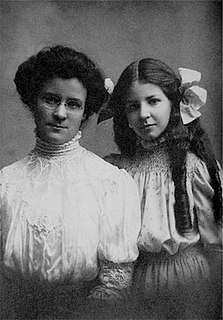A Quote by Marcus Buckingham
It remains true that great managers recognize individualities and focus on developing strengths rather than weaknesses. Great leaders, in sharp contrast, recognize what is (or could be) shared in common - a vision, a dream, a mission, whatever - and inspire others to join them in the given enterprise.
Related Quotes
A leader always has one major message, and this weaves into everything he or she does. It remains the primary focus. A leader is to some degree a prophet, a person with a message. Great leader [sic] see things that others don’t. They preach it until others can see it as well. Their message supports the mission. A leader is a preacher, a person who communicates the fire of the mission. Not all preachers are leaders, but all great leaders will be preachers of one sort or another.
The important word there is inspire. The key difference between managers and leaders is that managers tell people what to do, while leaders inspire them to do it. Inspiration comes from three things: clarity of one's vision, courage of their conviction and the ability to effectively communicate both of those things.
Authenticity is about imperfection. And authenticity is a very human quality. To be authentic is to be at peace with your imperfections. The great leaders are not the strongest, they are the ones who are honest about their weaknesses. The great leaders are not the smartest; they are the ones who admit how much they don't know. The great leaders can't do everything; they are the ones who look to others to help them. Great leaders don't see themselves as great; they see themselves as human.
The Four Keys of Great Managers: When selecting someone, they select for talent ... not simply experience, intelligence or determination. When setting expectations, they define the right outcomes ... not the right steps. When motivating someone, they focus on strengths ... not on weaknesses. and When developing someone, they help him find the right fit ... not simply the next rung on the ladder.
Great leaders are paradoxical. They catalyze, rather control, the work of their teams. They have an overarching vision for the team but are not autocratic in the realization of this vision. Their eyes are open to whatever results occur-not just planned goals, because serendipity is a great innovator.
Leaders encourage others to continue the quest and inspire others through courage and hope. Leaders give heart by visibly recognizing others' contributions to the common vision. With a thank you note, a smile, an award, and public praise, the leader lets others know how much they mean to the organization.
Leaders select noble objectives and pursue them with such intensity that others join them. ... The greatest of all leaders from this perspective was Jesus Christ. ....May your choices be so powerful and magnetic that you'll draw people toward life (Duet. 30:19, ...therefore choose life.-) rather than death, blessing rather than cursing.


